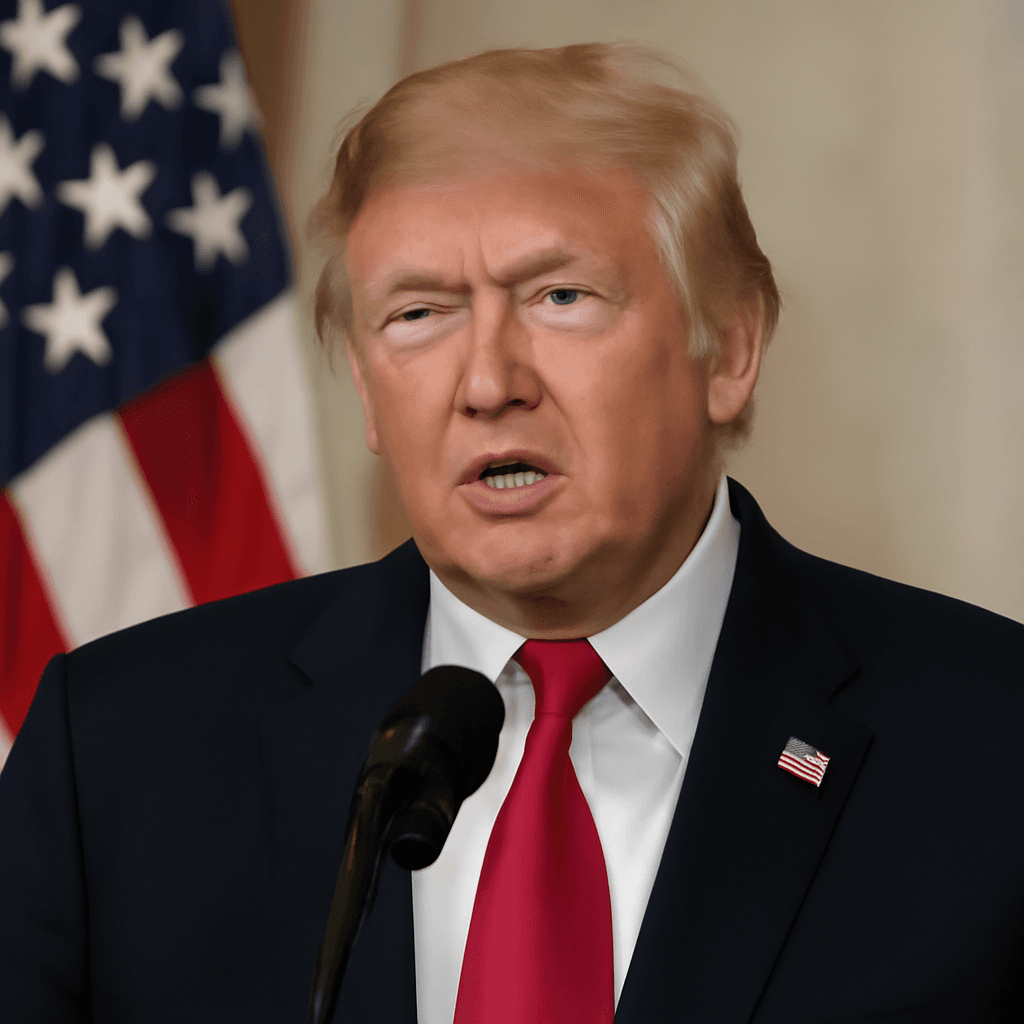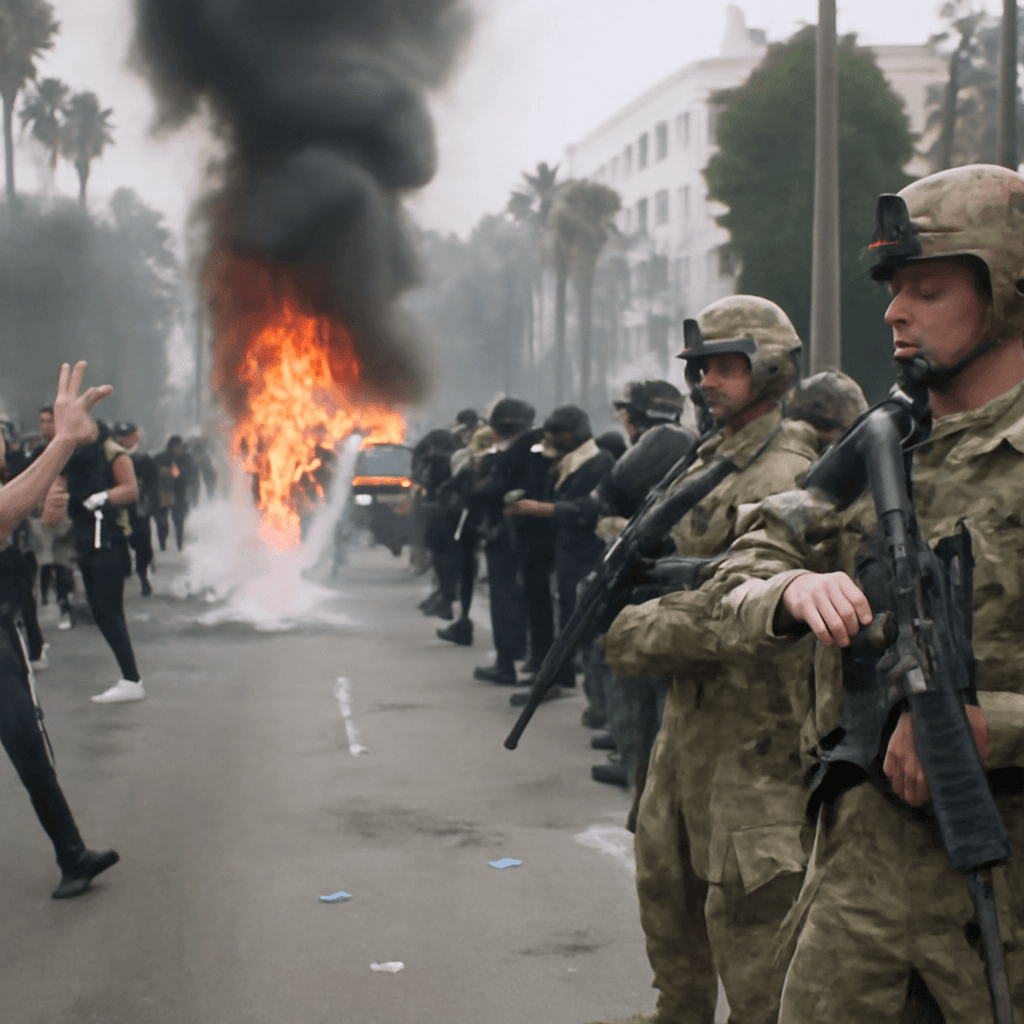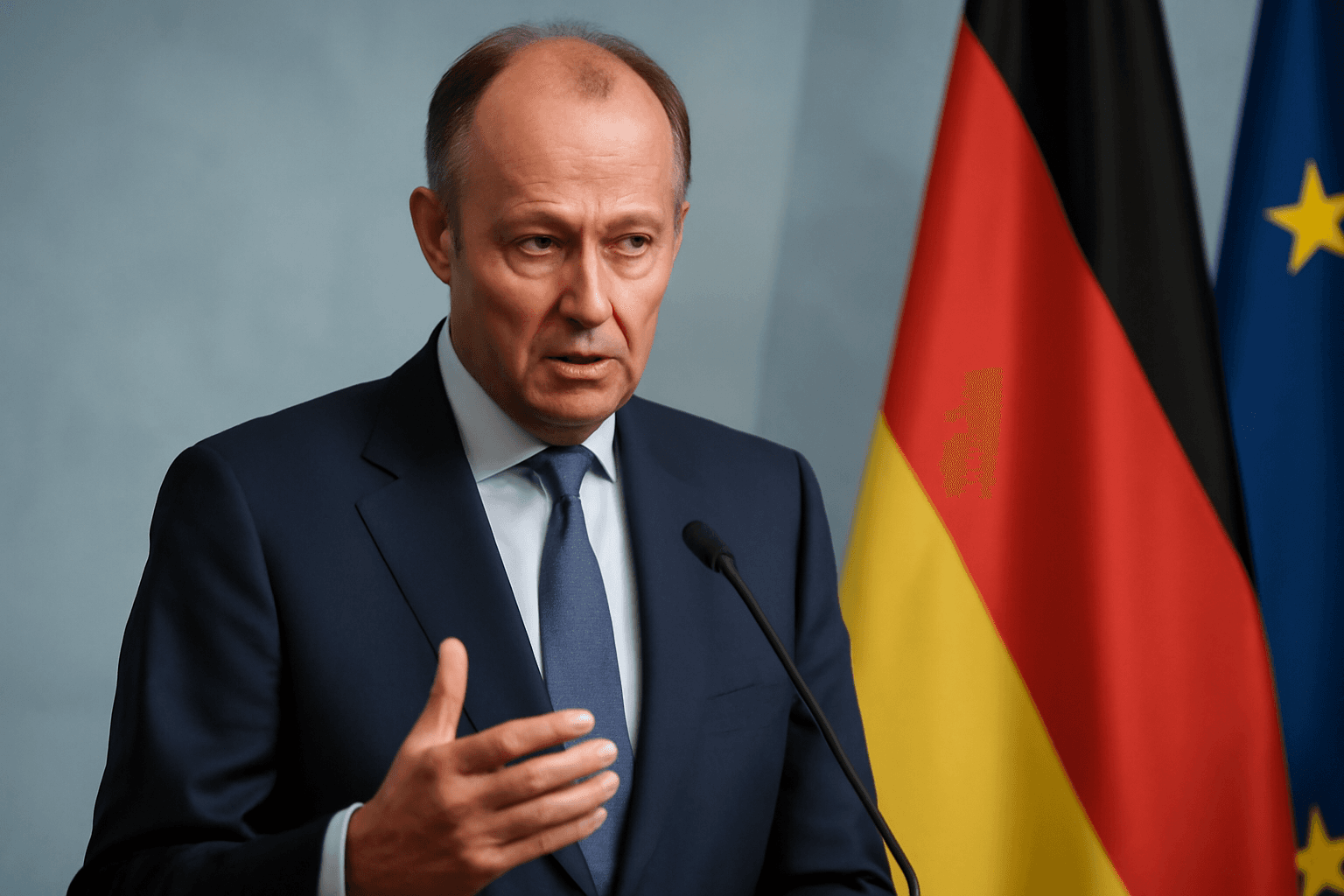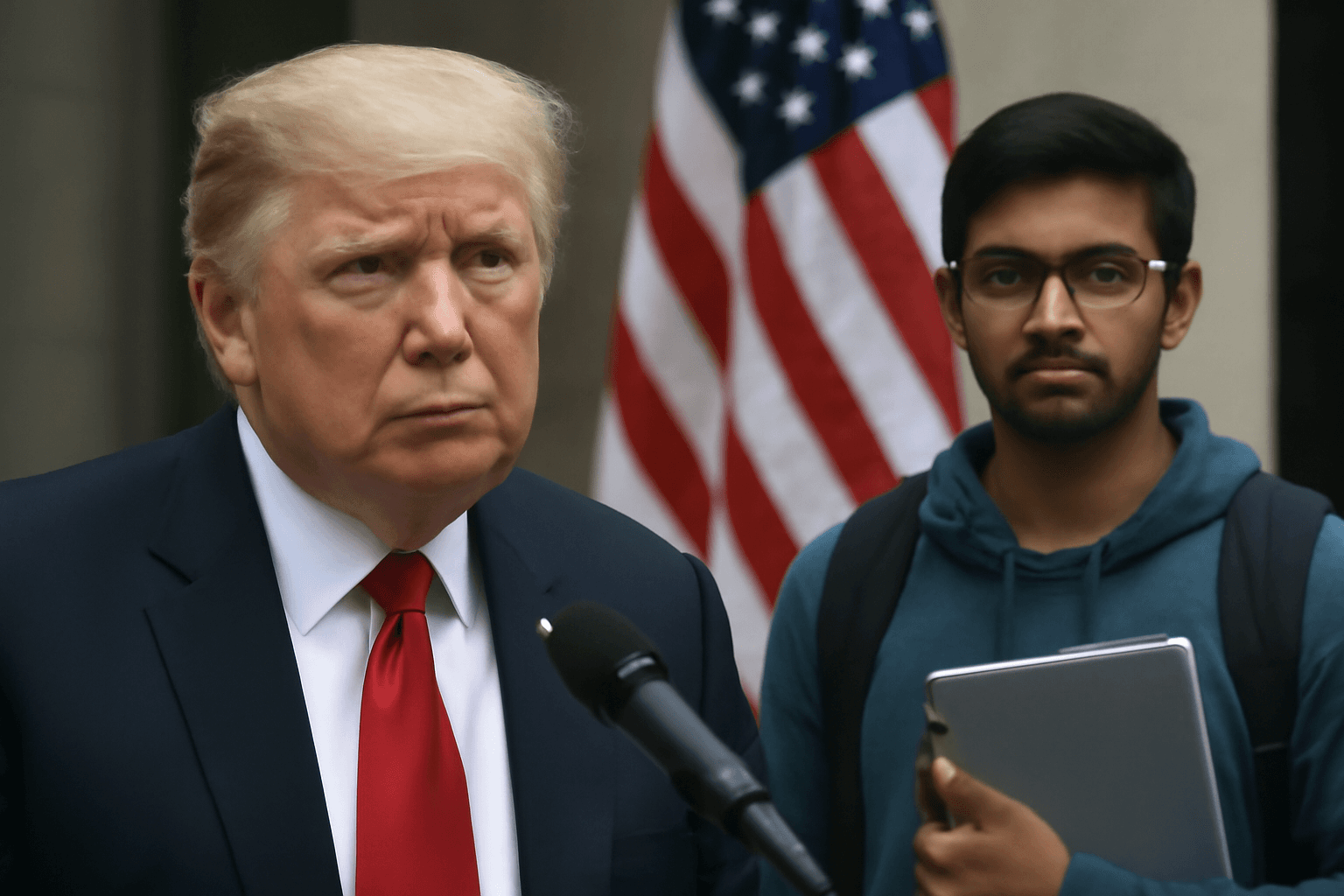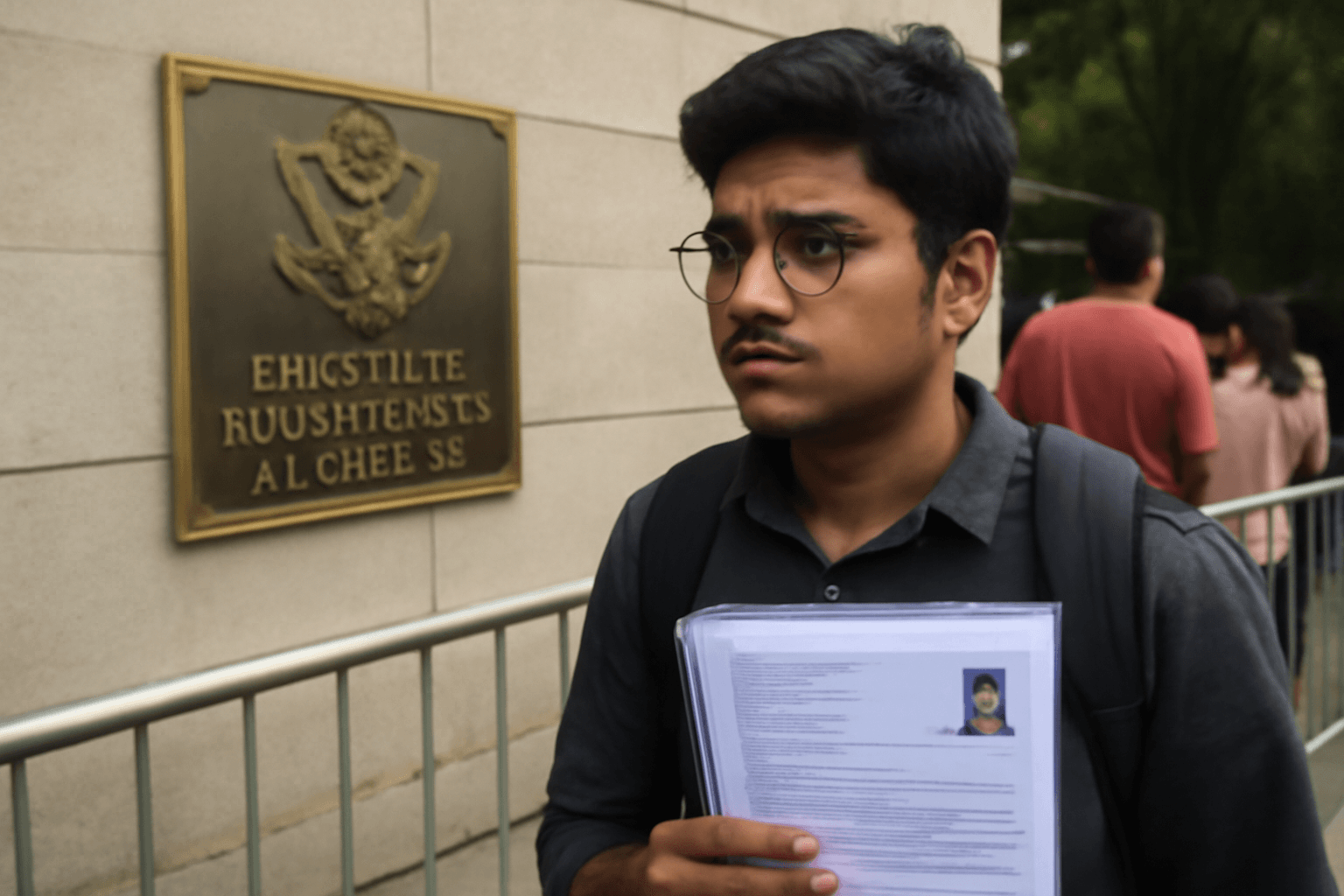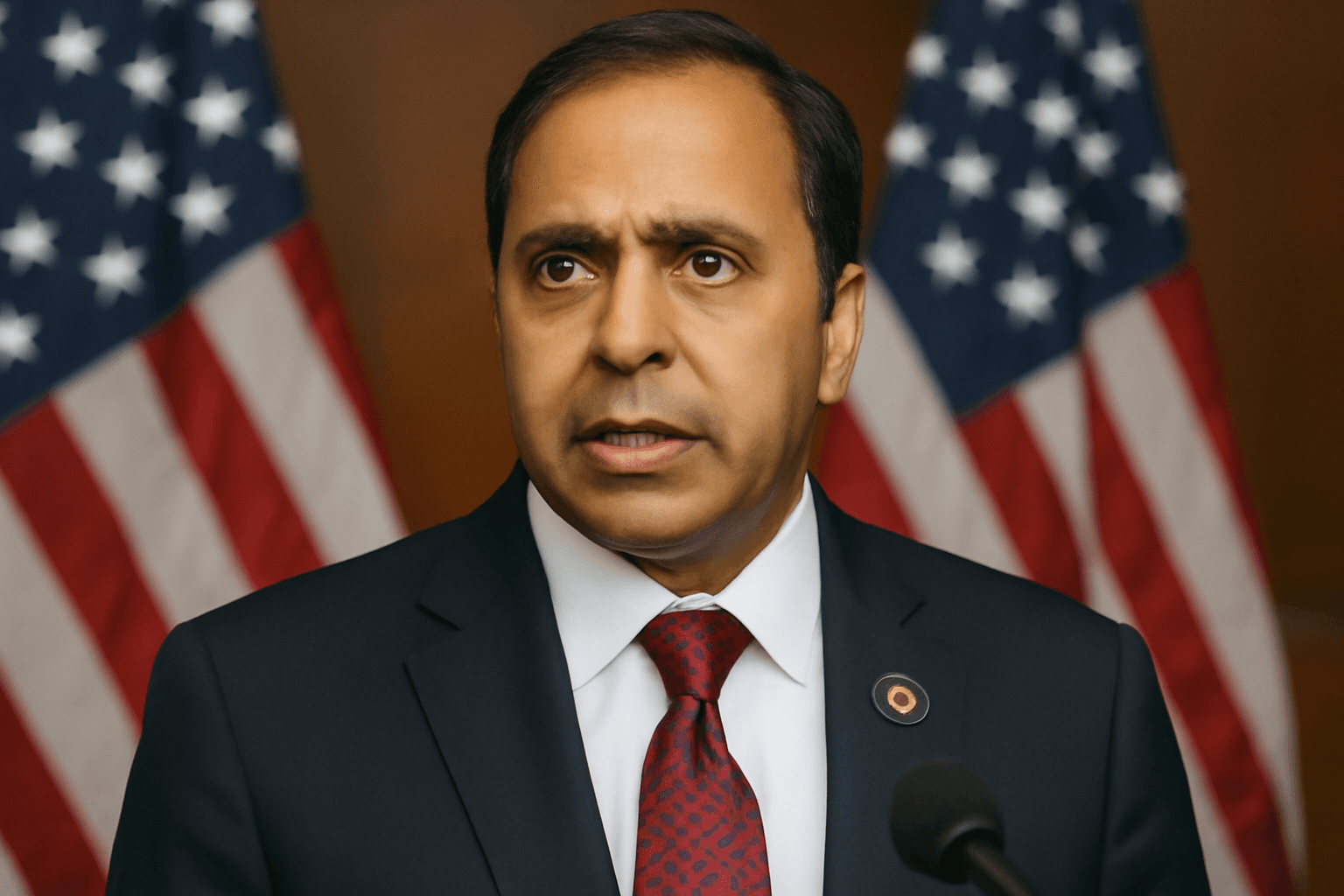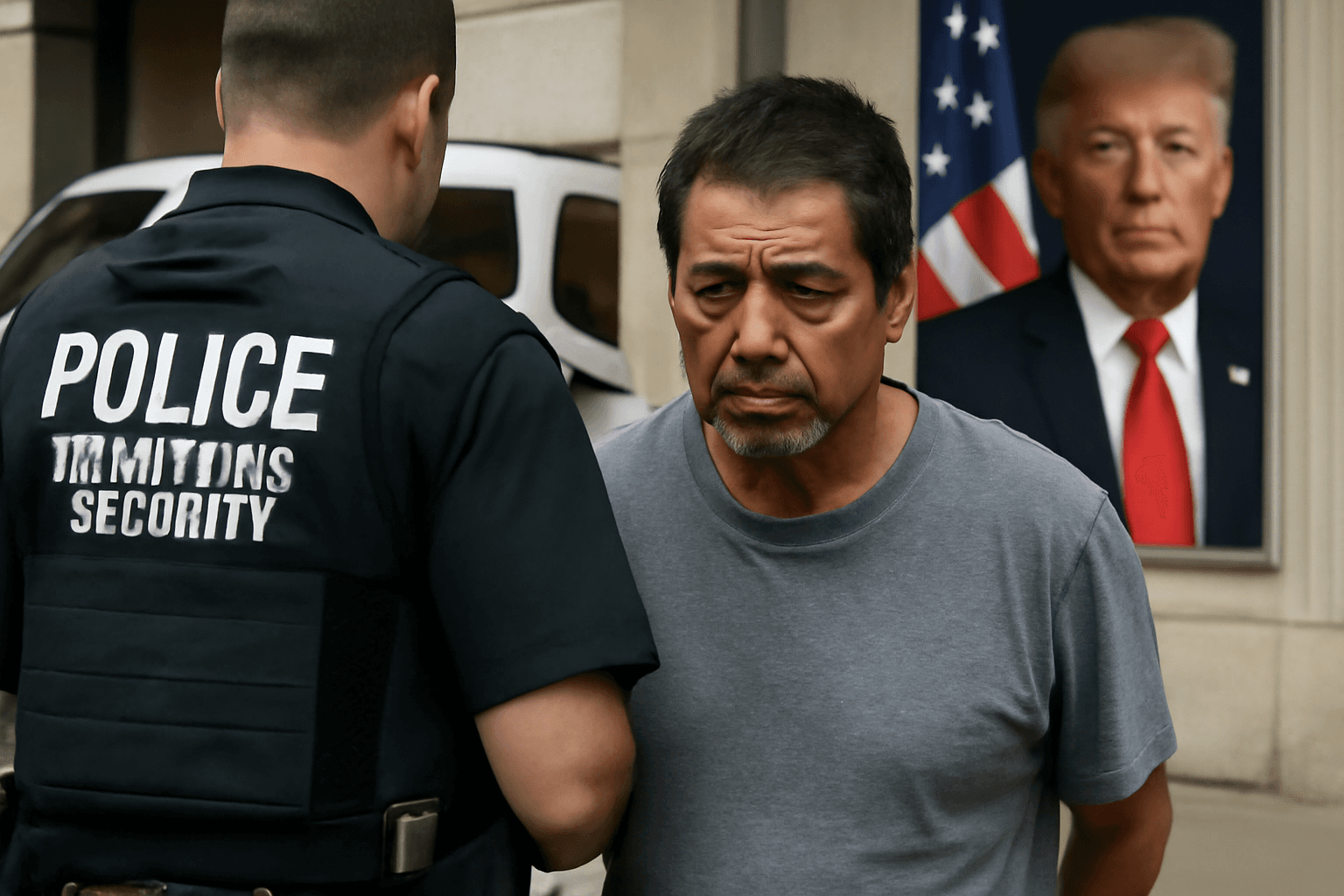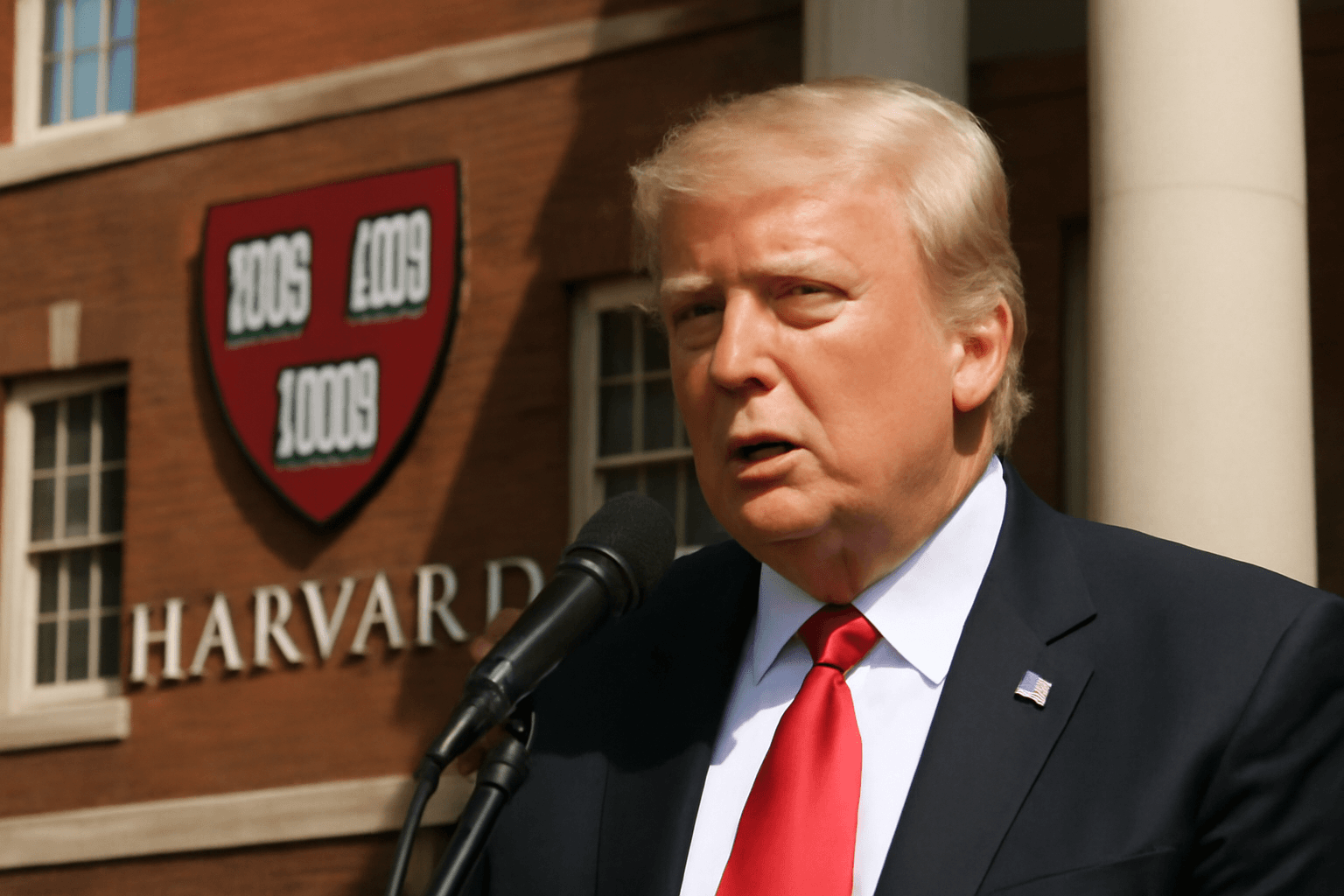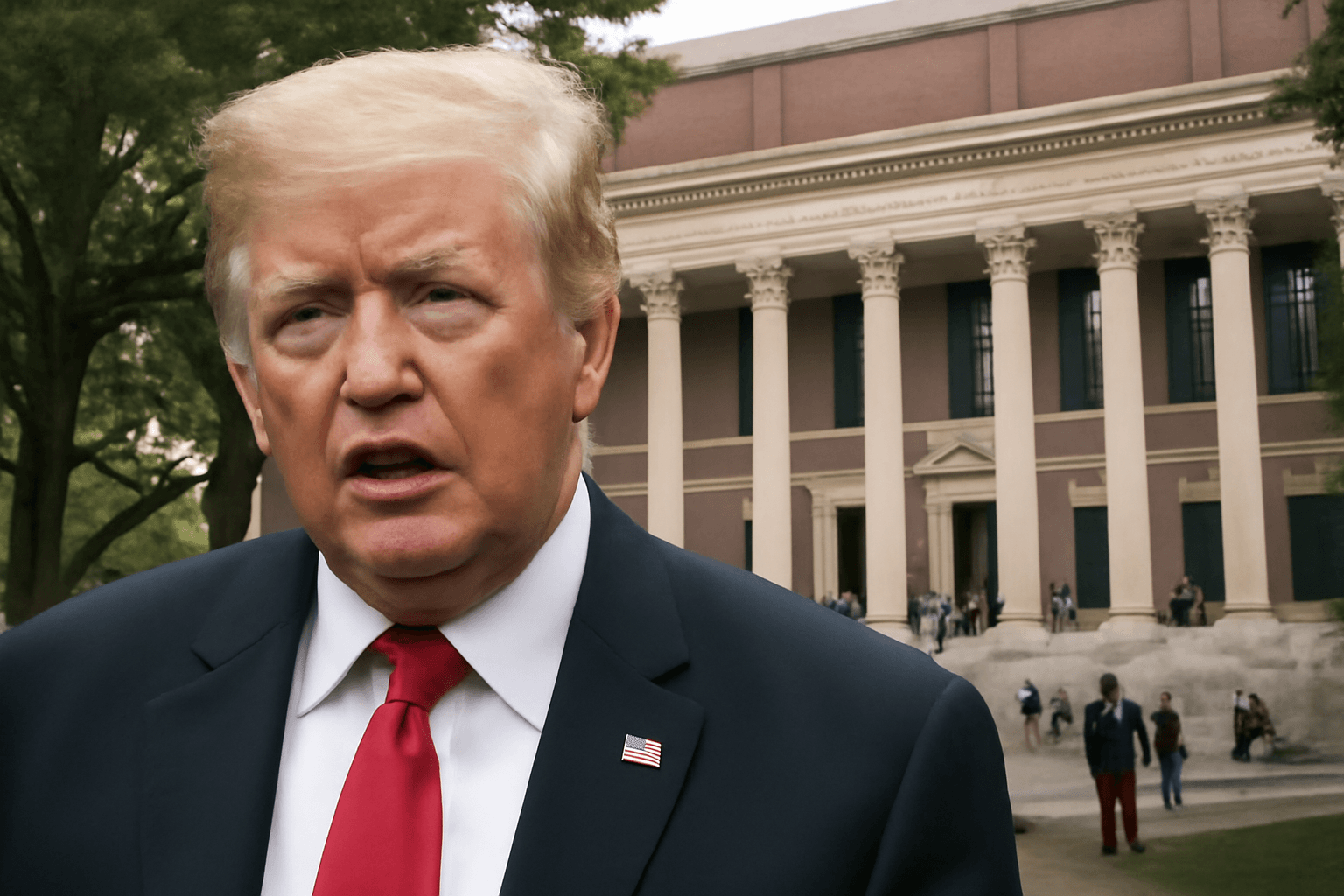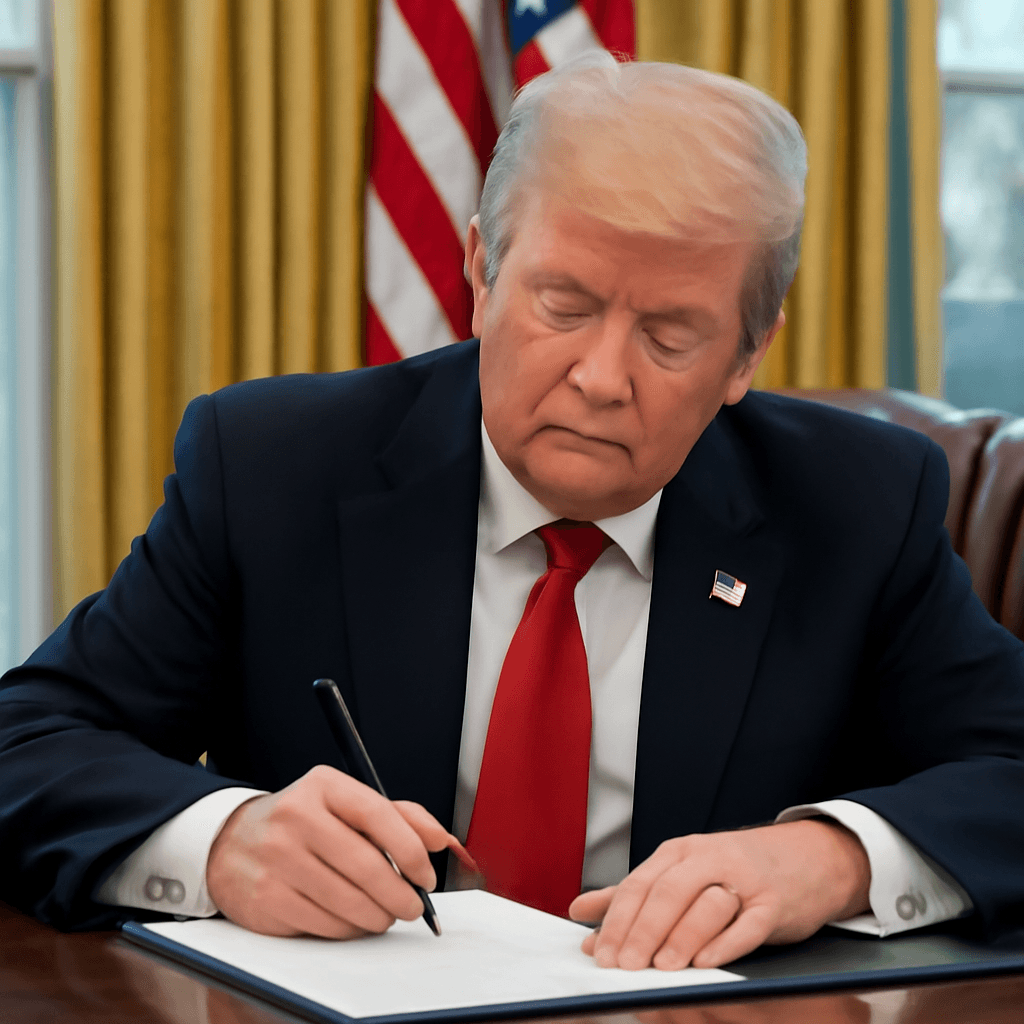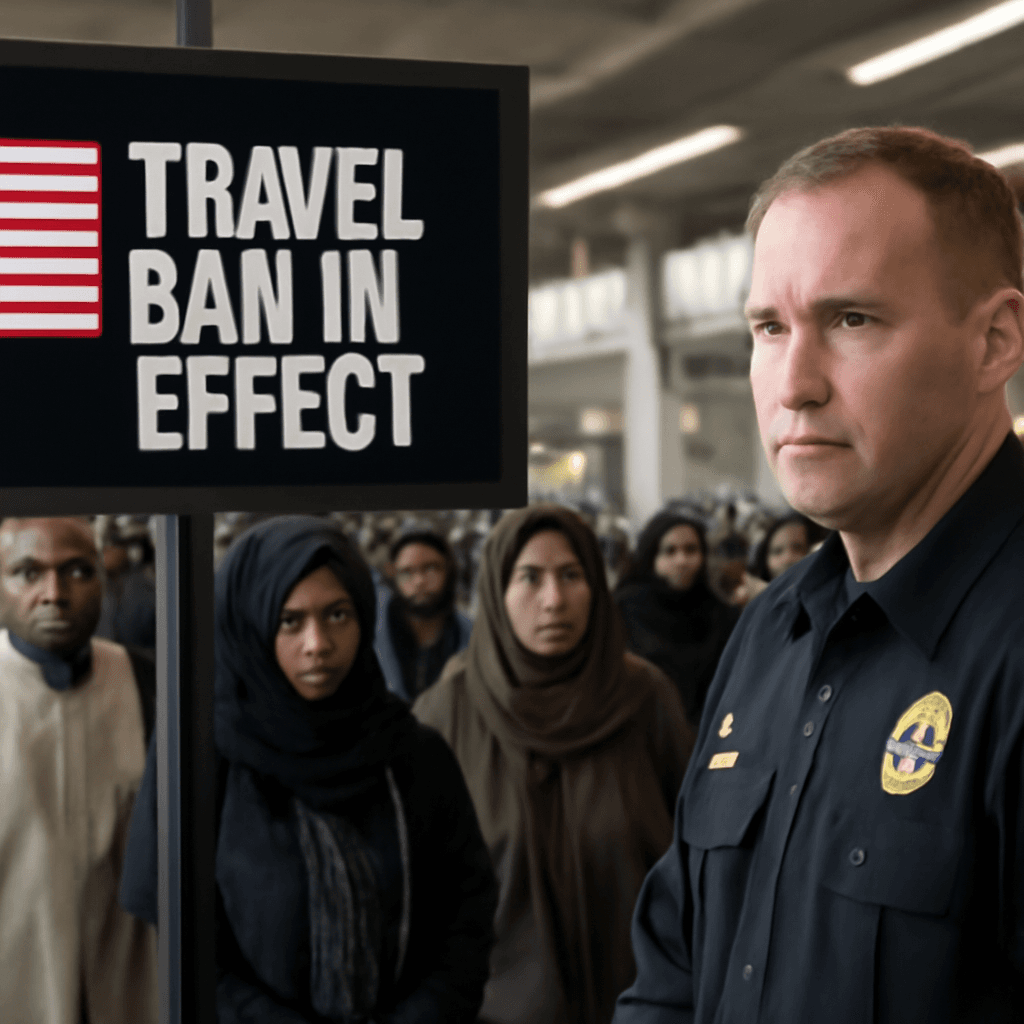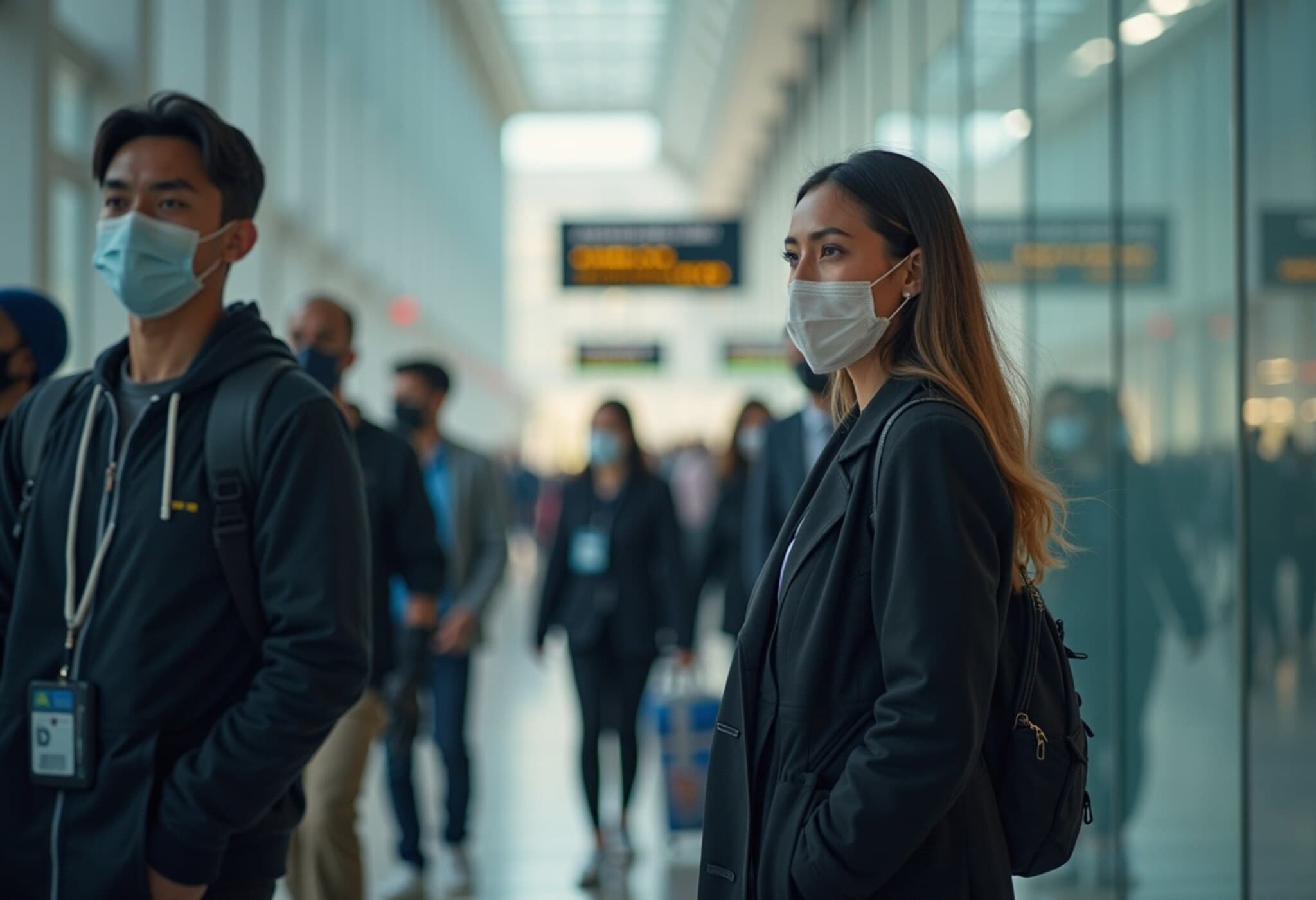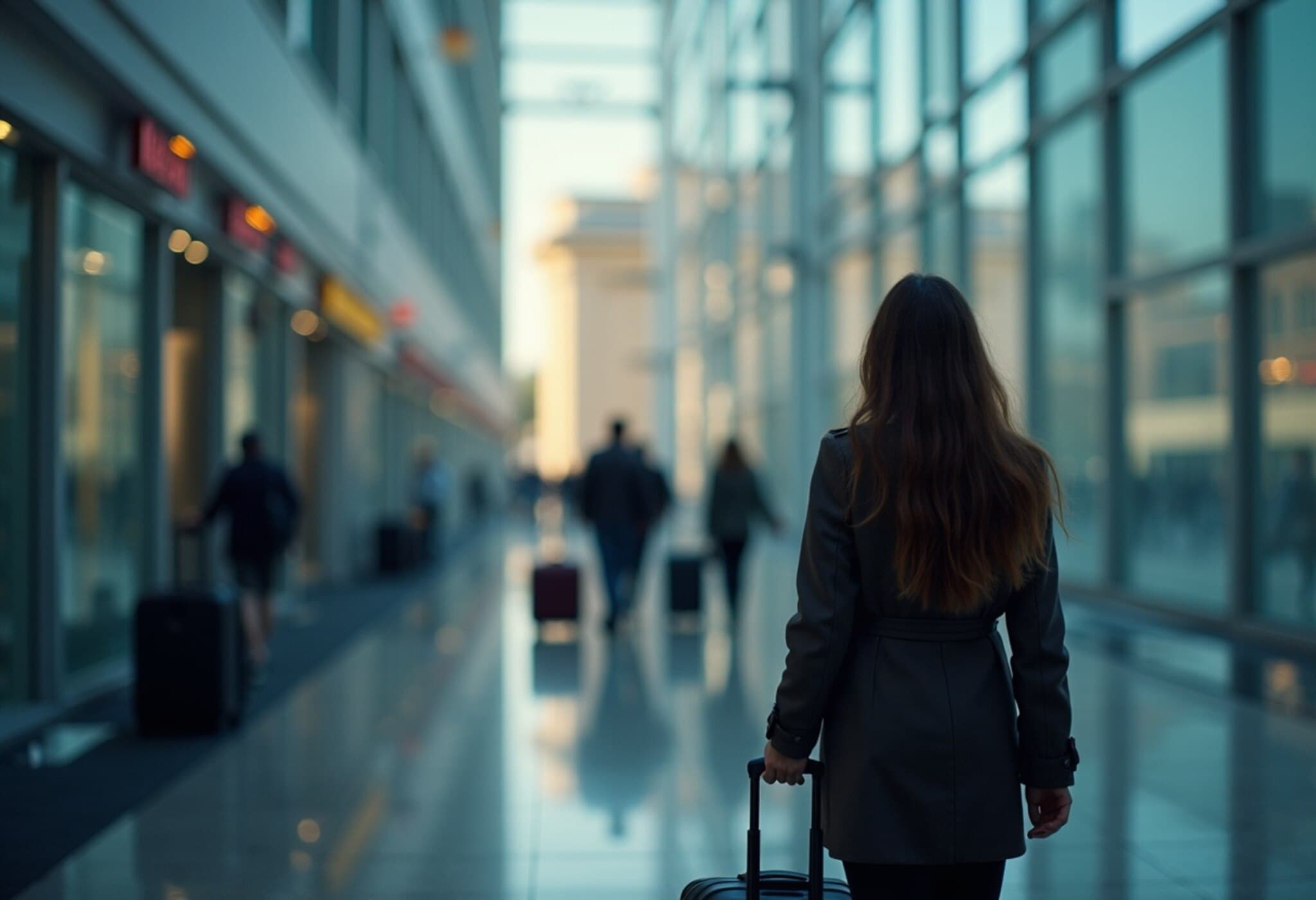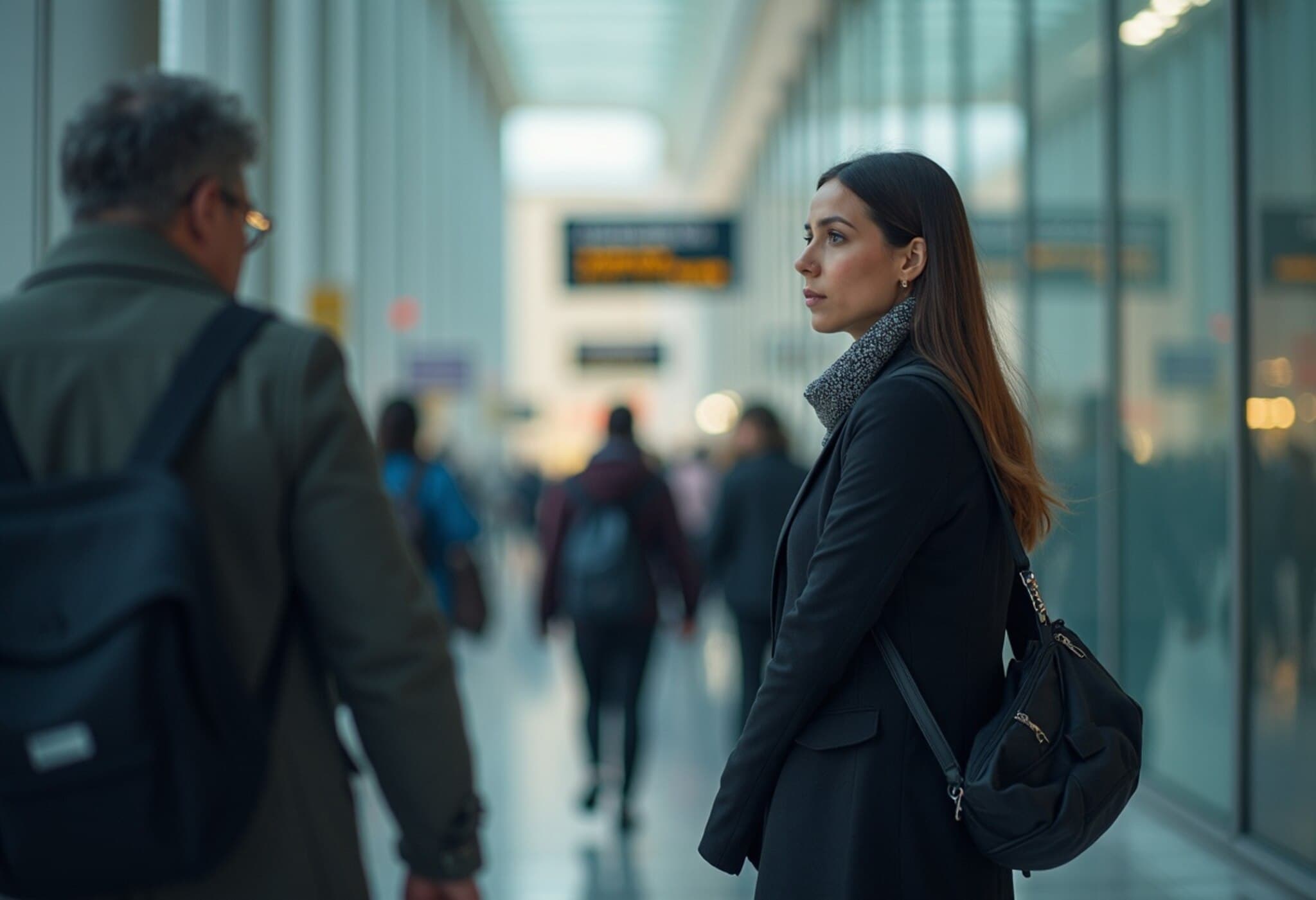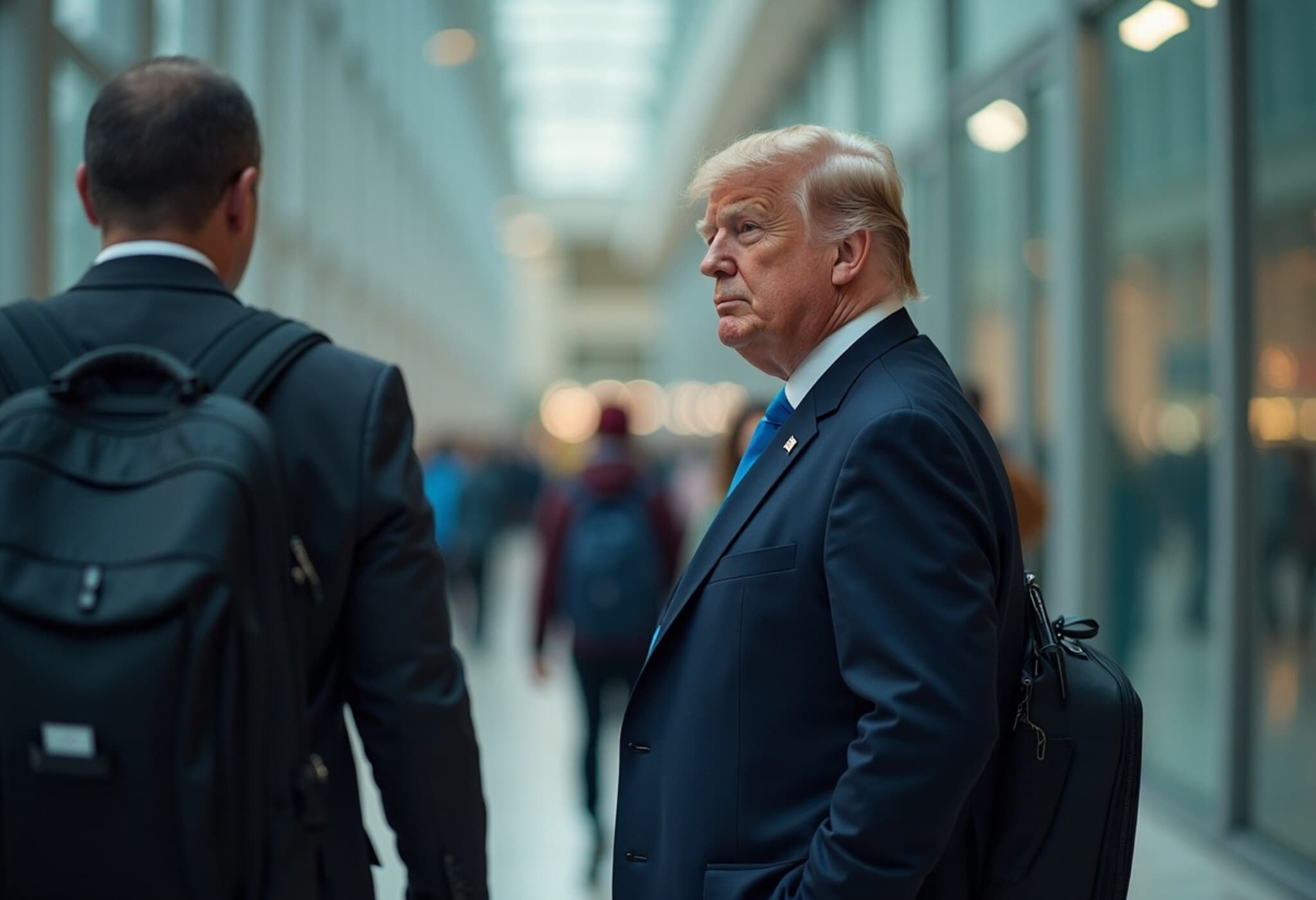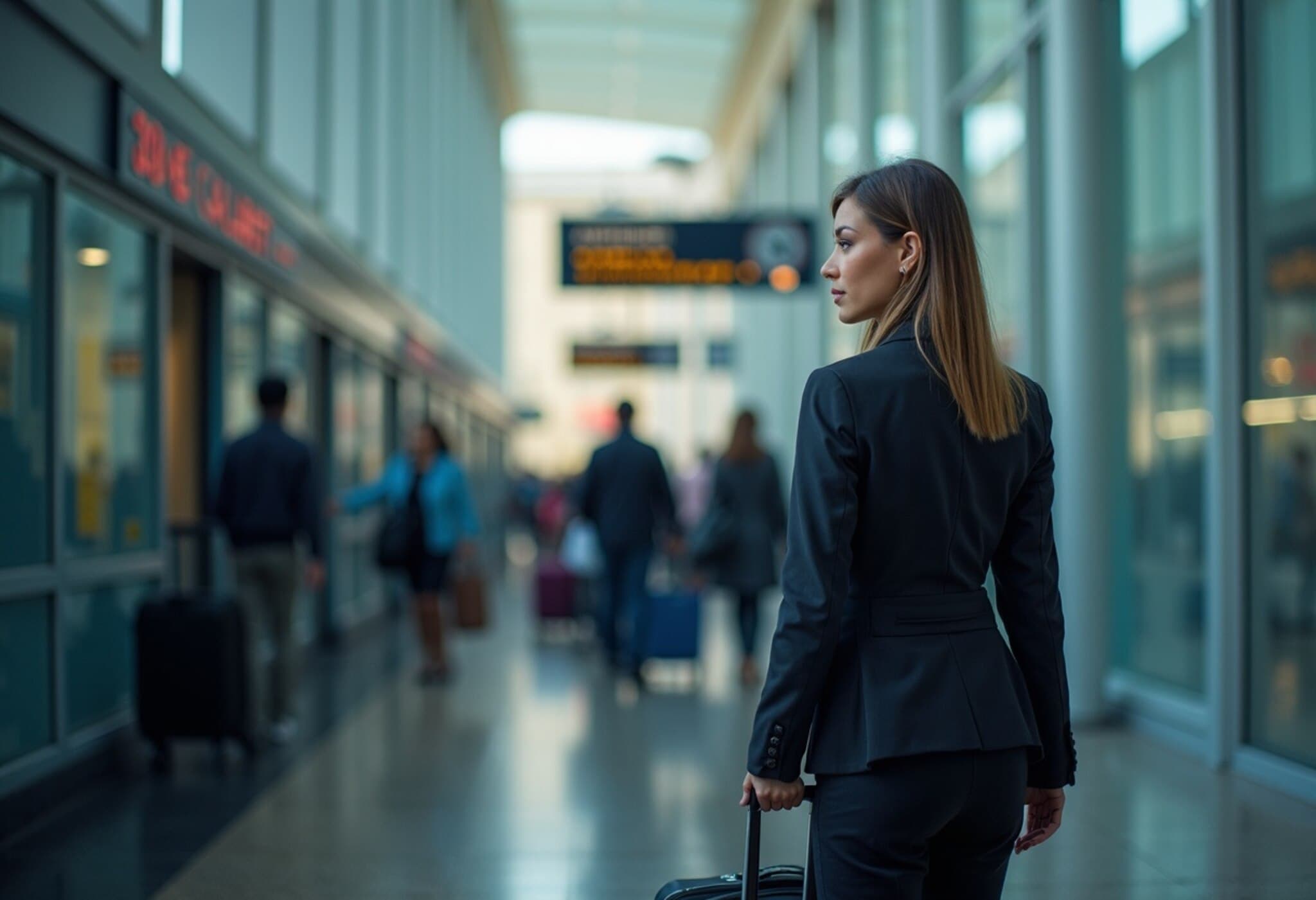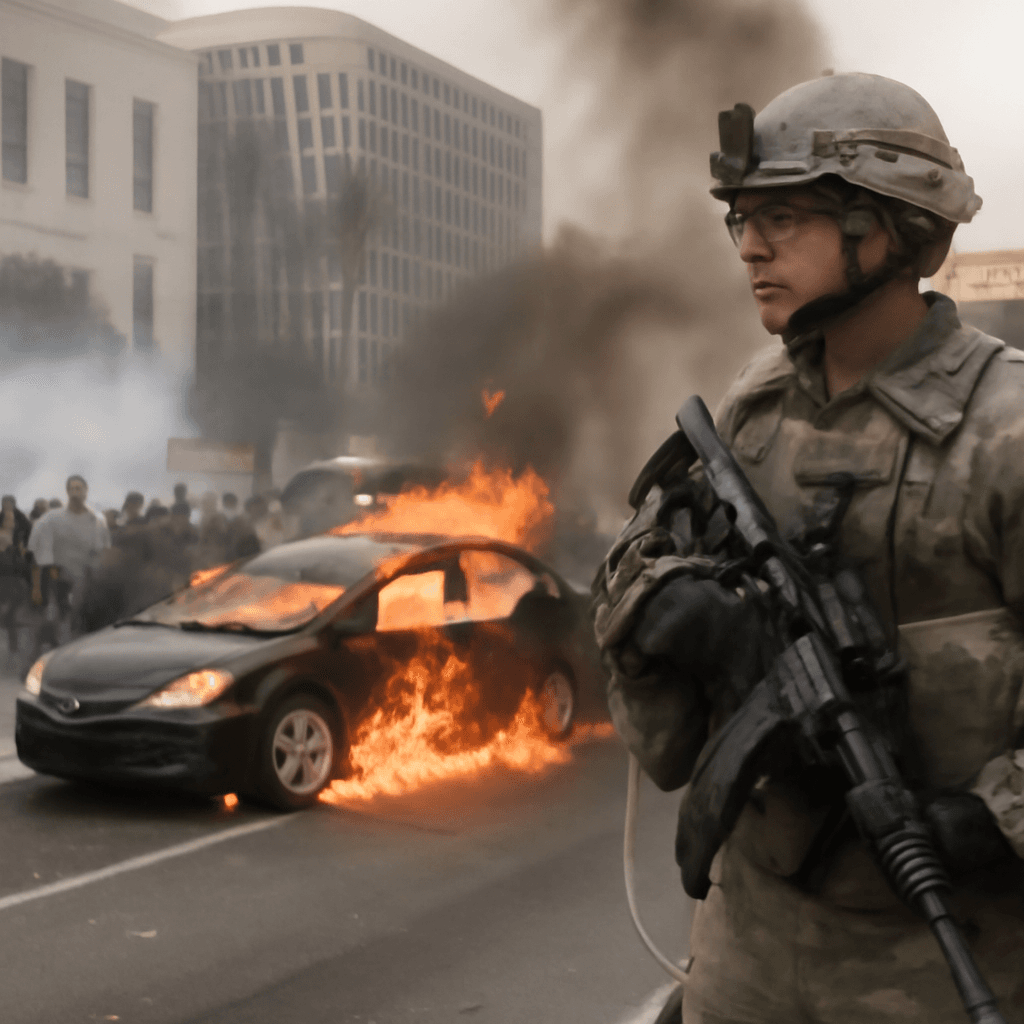Trump’s Latest Travel Ban Comes into Effect Amid Controversy
Starting Monday, a fresh travel ban signed by President Donald Trump took effect, intensifying debates around immigration enforcement in the United States. This latest directive targets citizens from a list of countries, signaling a stricter approach to visa approvals and border security.
Countries Impacted and Key Provisions
The proclamation restricts entry for nationals from Afghanistan, Myanmar, Chad, Republic of Congo, Equatorial Guinea, Eritrea, Haiti, Iran, Libya, Somalia, Sudan, and Yemen. Additionally, individuals from Burundi, Cuba, Laos, Sierra Leone, Togo, Turkmenistan, and Venezuela who are abroad and lack a valid visa will face heightened scrutiny or denial of entry.
Importantly, visas already issued to travelers from these nations remain valid according to updated guidance sent to U.S. diplomatic missions. However, from Monday onward, new visa applications from these countries will be rejected unless applicants qualify for very limited exemptions.
Human Impact and Community Reactions
The travel restrictions have stirred emotional responses, particularly from affected communities. Haitian-American Elvanise Louis-Juste, waiting at Newark airport for a flight to Florida, shared her distress: “Many Haitians simply want to escape violence and unrest back home. Seeing this ban is truly upsetting.”
Organizations advocating for refugees and migrants quickly criticized the policy. Abby Maxman, president of a major international relief group, described the ban as an effort to sow division rather than enhance national security, emphasizing its harmful impact on vulnerable communities seeking safety and opportunity.
The Administration’s Justifications
Trump defended the ban through a social media video, citing concerns over terrorism-related threats and public safety risks posed by nationals of the listed countries. He also pointed to challenges with "deficient" vetting processes and countries allegedly refusing to repatriate their citizens.
A significant part of the administration’s rationale draws on annual Homeland Security data on visa overstays, highlighting countries with notable rates of individuals remaining in the U.S. beyond their permitted stay.
Additionally, the ban was linked to the tragic shooting in Boulder, Colorado, where the suspect had overstayed his tourist visa. It’s worth noting, however, that this individual was from Egypt—a country not included in the new travel restrictions.
International Backlash and Broader Implications
The policy has sparked criticism overseas as well. Venezuela’s government condemned the travel ban, calling it a “stigmatization and criminalization” of Venezuelan nationals, reflecting broader concerns about the political and humanitarian effects of the restrictions.
What This Means Going Forward
- Visa holders from banned countries can still enter the U.S., but new applications face strict denial unless exceptions apply.
- The ban’s carefully tailored focus on visa issuance aims to withstand legal scrutiny, contrasting with previous, more abrupt measures.
- The policy’s long-term impact remains uncertain amid ongoing legal challenges and public opposition.
As tensions escalate over America’s immigration stance, this latest travel ban underscores the administration’s commitment to reinforcing border controls, even as it fuels debate over fairness, national security, and humanitarian concerns.

